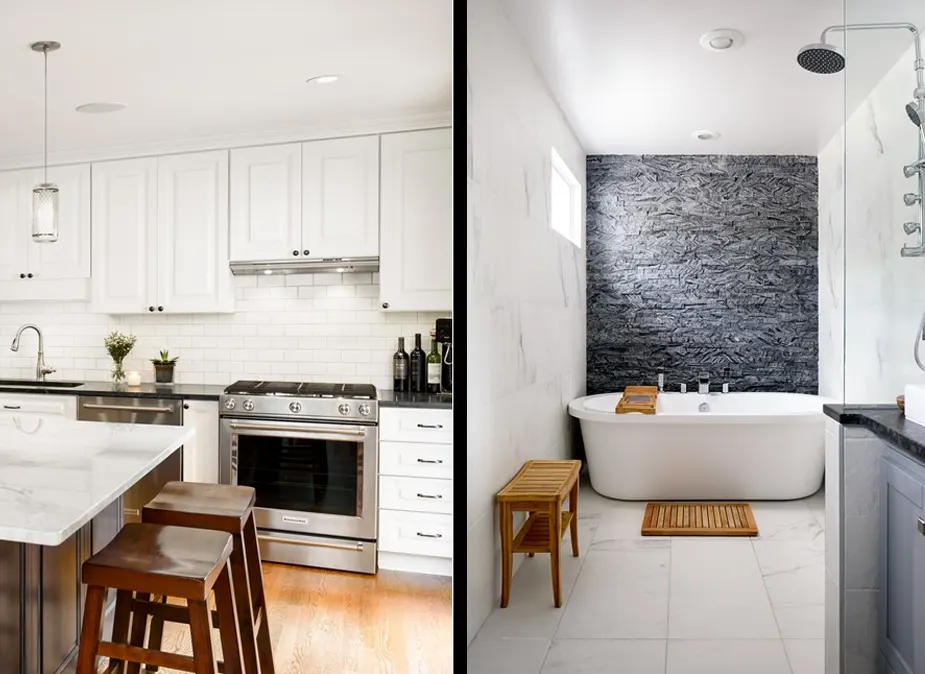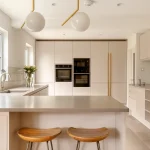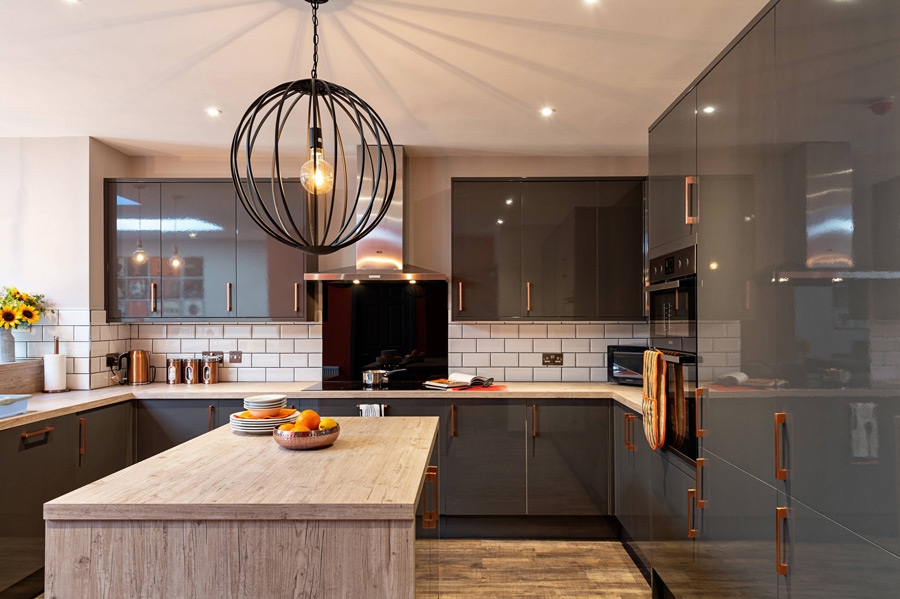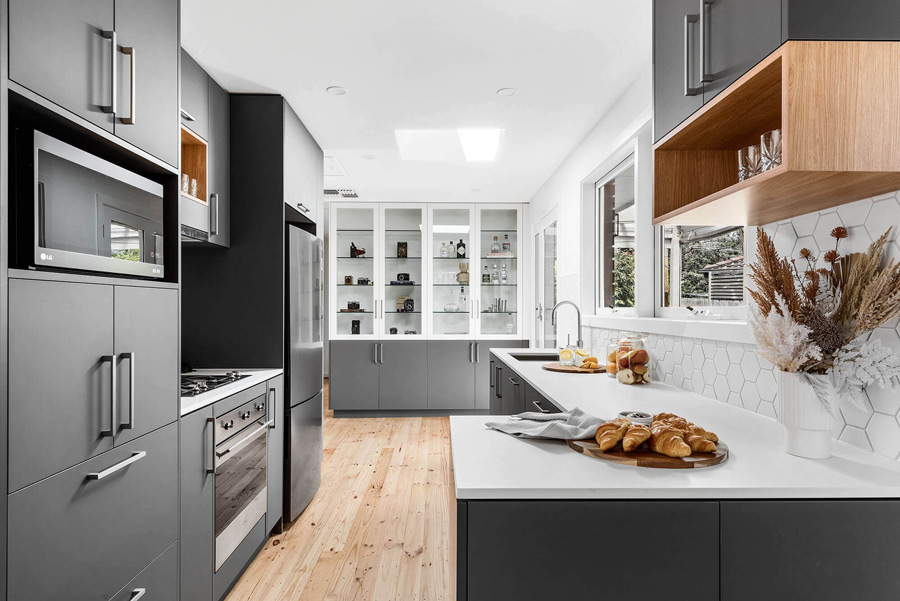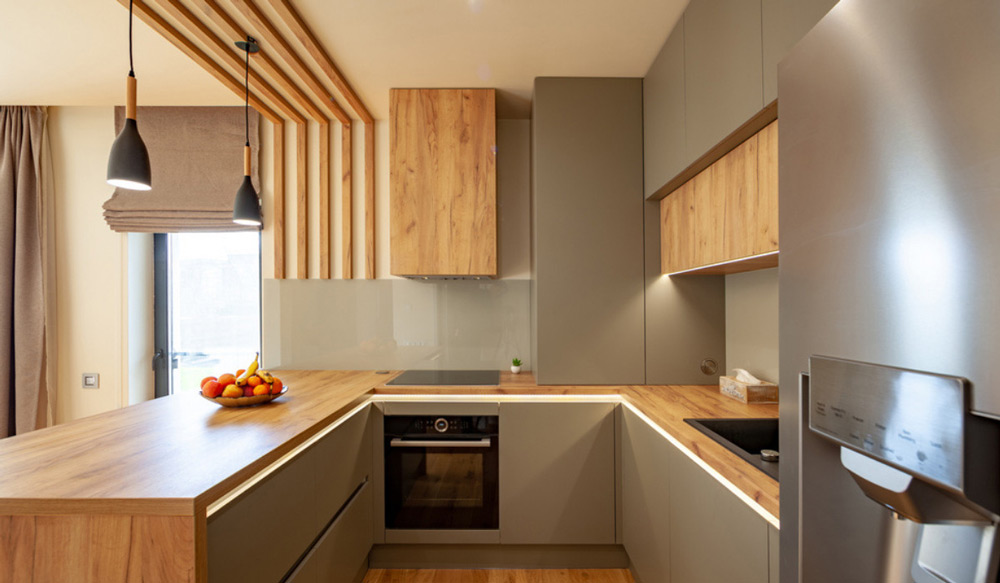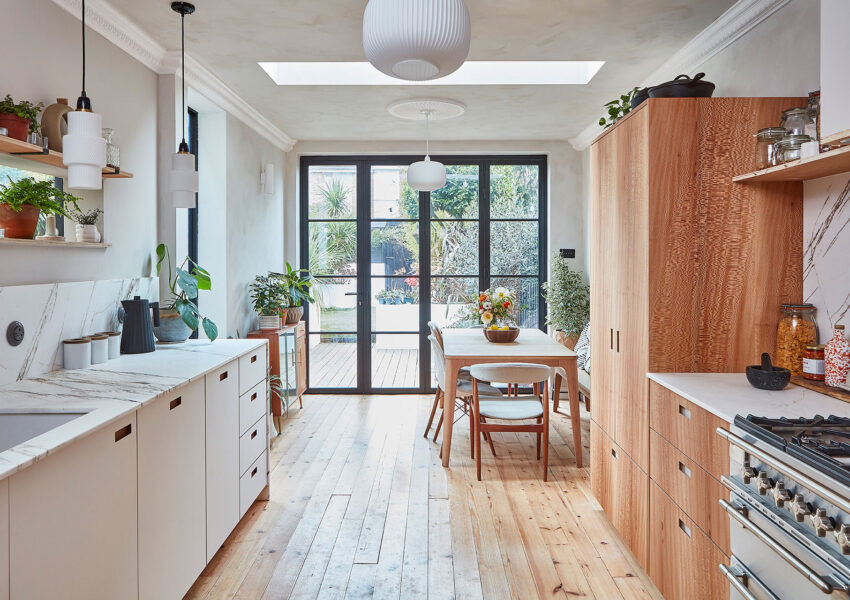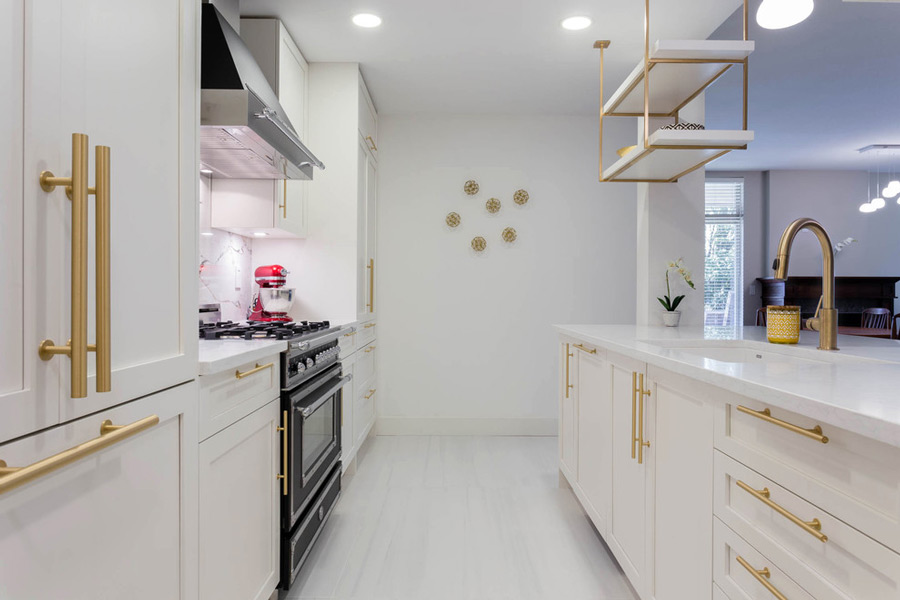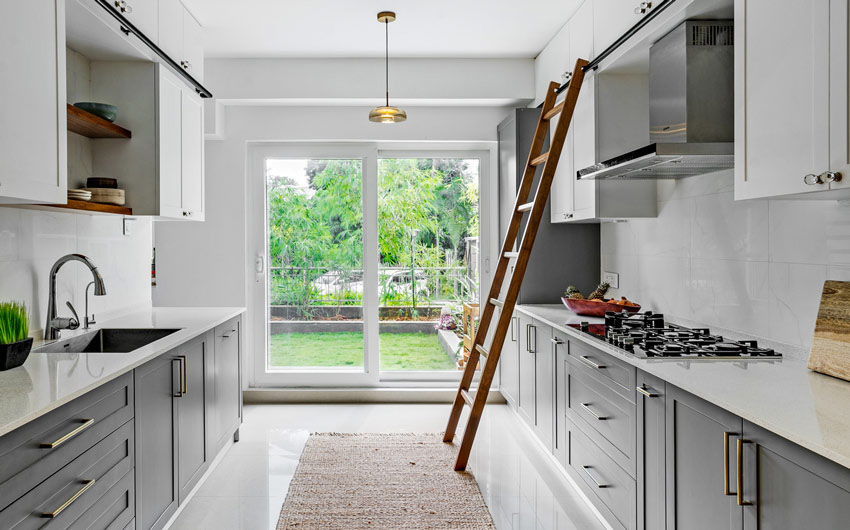Here’s something contractors tell us all the time. When you update both rooms simultaneously, you save money on labor costs. Plumbers only need to visit once for both spaces. Electricians can handle all the wiring in one go during your kitchen & bath remodel.
Plus, these rooms share similar materials and finishes. You can bulk-order supplies and negotiate better prices. Many suppliers offer package deals for a complete kitchen & bath remodel project. This approach also means dealing with construction chaos just once. Instead of living through two separate renovation periods, you get everything done together.
Why Kitchen and Bathroom Renovations Work Better Together
Here’s something contractors tell us all the time. When you update both rooms simultaneously, you save money on labor costs. Plumbers only need to visit once for both spaces. Electricians can handle all the wiring in one go during your kitchen & bath remodel.
Plus, these rooms share similar materials and finishes. You can bulk-order supplies and negotiate better prices. Many suppliers offer package deals for a complete kitchen & bath remodel project. This approach also means dealing with construction chaos just once. Instead of living through two separate renovation periods, you get everything done together.
Cabinet and Tile Selection for Your Remodel
Choosing cabinets sets the tone for both spaces. We recommend selecting styles that complement each other without being identical. Maybe shaker-style doors in white for one room and gray for another. This creates flow throughout your kitchen & bath remodel.
For tiles, consider these popular options:
- Subway tiles for timeless appeal
- Large format tiles to make spaces look bigger
- Natural stone for luxury touches
- Porcelain for durability and water resistance
The key is finding materials that work hard but look beautiful. Quality matters here since you’ll use these rooms daily.
Visiting a Showroom Before Starting
Nothing beats seeing materials in person. Photos online never capture true colors or textures. Most showrooms let you take samples home too. You can see how different lighting affects your choices. Staff members often have great advice about trending styles and practical considerations for your kitchen & bath remodel.
Finding the Right Remodeling Company
Research is your best friend here. Look for companies with solid portfolios showing both types of projects. Check their licenses and insurance coverage first. Read reviews but focus on recent ones.
Ask potential remodelers about their timeline and process. Good ones provide detailed quotes breaking down costs clearly. They should also explain how they’ll minimize disruption to your daily life. Remember, the cheapest bid isn’t always the best value. Experience with kitchen & bath remodel projects matters more than rock-bottom pricing.
.
What's the average return on investment for these projects?
Updated spaces typically return 60-80% of your investment when selling. Minor updates often yield higher percentages than luxury overhauls. Regional markets vary, but these improvements consistently rank among top ROI projects. Beyond resale value, you’ll enjoy improved functionality and aesthetics daily. Quality work using mid-range materials usually offers the best value balance.
How much does it typically cost to hire a bathroom designer?
Bathroom designers typically charge between $50-$200 per hour, depending on experience and location. Some offer flat-rate packages ranging from $500-$3,000 for complete designs. Remember, their expertise often saves you money by avoiding costly mistakes and finding better deals on materials.
How much should I budget for a combined kitchen or bathroom project?
Budget ranges vary widely based on scope and location. Mid-range projects typically cost $40,000-$80,000 for both rooms combined. High-end renovations can exceed $150,000 easily. Basic refreshes might stay under $25,000. Factor in your home’s size, material choices, and structural changes needed. Always add that 20% buffer for unexpected issues.
What permits do I need for a dream kitchen and bathroom remodeling project?
Most major renovations require building permits from your local municipality. Electrical and plumbing work almost always needs separate permits too. Your contractor should handle permit applications and inspections. DIY projects still require proper permits for safety and resale purposes. Skipping permits can cause insurance issues and complicate future home sales.

